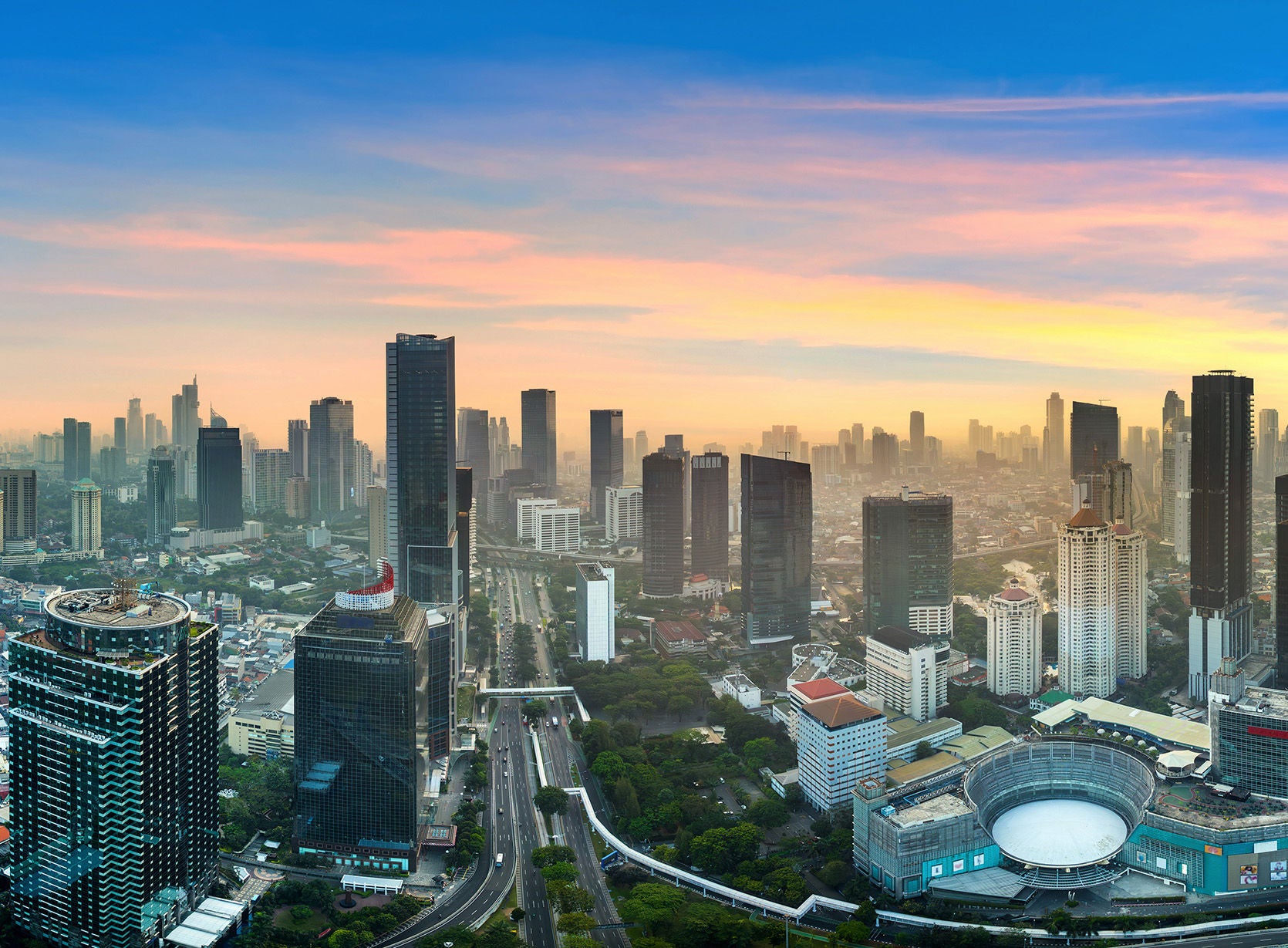EY refers to the global organization, and may refer to one or more, of the member firms of Ernst & Young Global Limited, each of which is a separate legal entity. Ernst & Young Global Limited, a UK company limited by guarantee, does not provide services to clients.
How EY can Help
-
Our global compliance and reporting professionals can help your business achieve accuracy and efficiency in over 150 jurisdictions. Find out more.
Read more
Relief on certain Social Security Contribution under Presidential Regulation No. 7 of 2025
Presidential Regulation No. 7 of 2025 addresses the adjustment of workplace accident insurance (Jaminan Kecelakaan Kerja, or JKK) contributions for specific labor-intensive industries. This measure is introduced in response to economic challenges, including a global recession that has significantly impacted these sectors and their ability to maintain employment levels.
Key considerations for this adjustment include enhancing social welfare, sustaining purchasing power, and fostering inclusive economic growth. The regulation acknowledges that by providing financial relief on accident insurance contributions, companies in designated sectors can better navigate economic difficulties and ultimately preserve job security for their employees. Eligible industry sectors include food, beverage and tobacco; textiles and garments; leather and leather products; footwear; toys; and furniture manufacturing. To qualify, companies must have at least fifty (50) employees enrolled as active participants in BPJS Ketenagakerjaan.
The regulation outlines relevant definitions related to contributions and establishes a structured framework. Contributions for labor-intensive industries will be reduced by 50%, with specific rates detailed for varying workplace risk levels. For instance, very low-risk workplaces will see a reduction from 0.24% to 0.12% of monthly wages, while contributions from very high-risk areas will decrease from 1.74% to 0.87%.
Furthermore, the document emphasizes that these adjustments will not compromise employee benefits under the workplace accident insurance program. The implementation of these changes aims to reinforce worker protection against workplace risks while considering the operational viability of labor-intensive enterprises. It is important to note that the adjustments do not affect the payment requirements and penalties associated with non-compliance.
Overall, this regulation represents a strategic effort by the Indonesian government to ensure both worker protection and industrial stability in the face of economic adversity. It will be effective from February 2025 to July 2025, with the adjustments applying after the settlement of contributions for January 2025.



